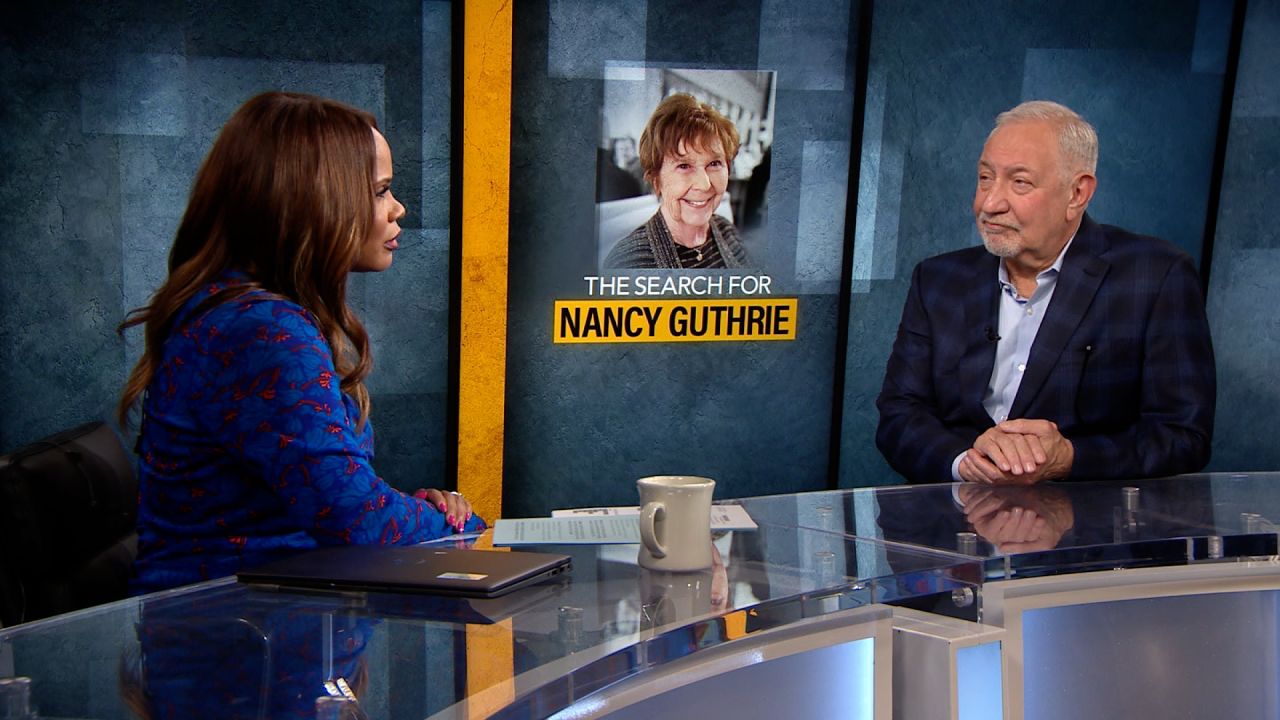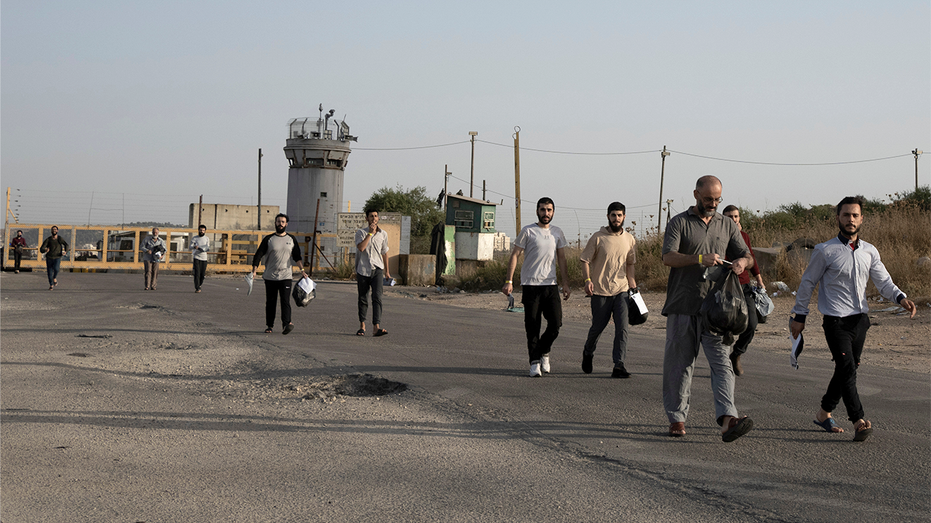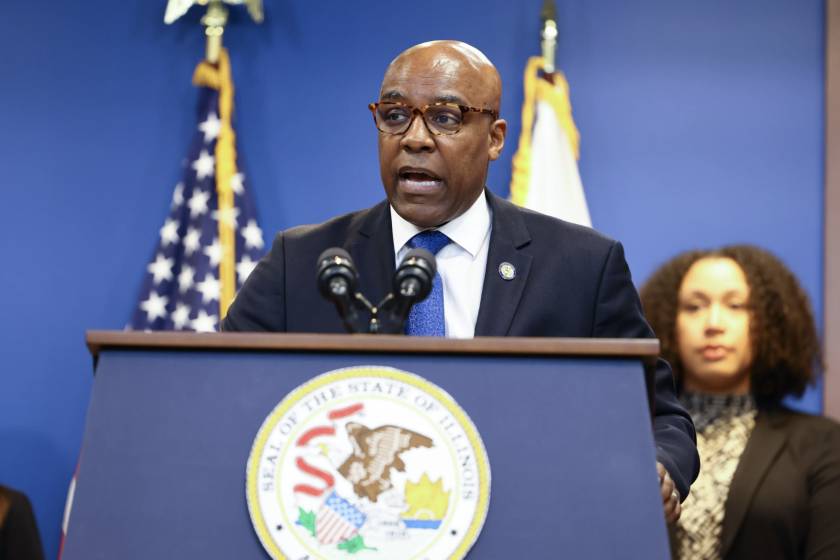
UPDATE: In a critical statement today, renowned paediatrician Dr. Mike Freelander has strongly urged Australians to rely on scientific evidence when considering health decisions related to autism and medications. This response comes in the wake of controversial comments made by US President Donald Trump linking paracetamol usage during pregnancy to autism.
Dr. Freelander, who has treated over 200,000 patients in nearly 40 years of medical practice, emphasizes the complexity of autism, a disorder that can manifest in various forms and severity levels. He highlights that while some genetic disorders, such as Angelman syndrome and Williams syndrome, present with autistic features, the majority of autism diagnoses remain without a known cause.
The alarming rise in autism diagnoses in developed nations is attributed to improved diagnostic capabilities, yet many parents still grapple with the question, “Why is my child autistic?” Dr. Freelander points out that numerous studies over decades have failed to establish a direct causative link between environmental factors and autism.
He specifically condemns the discredited claims regarding the MMR vaccine, propagated by figures like Robert F. Kennedy Jr., which have led to significant public distress and adverse health outcomes.
Most recently, Trump’s comments regarding paracetamol have sparked concern. Dr. Freelander states, “There is no evidence of causation,” reinforcing that reputable studies, including major Swedish and Japanese research, have disproven these claims. He warns that such statements can induce undue anxiety among expectant mothers.
Paracetamol, widely used and classified as safe during pregnancy, has been endorsed by global medicine regulators, including Australia’s Therapeutic Goods Administration (TGA). Dr. Freelander urges the public to trust these rigorous assessments rather than unscientific claims. “We should rely on our regulatory framework to guide healthcare decisions,” he insists.
The potential implications of misinformed health advice are significant. Dr. Freelander emphasizes, “Any comments on complex neurodevelopmental disorders can lead to inappropriate health outcomes.” He insists that proper scientific evaluation is essential in managing public health concerns.
As this story develops, it is crucial for Australians to remain informed and to prioritize credible sources over sensational claims. Dr. Freelander’s urgent call to action highlights the importance of evidence-based medicine in addressing health issues related to autism.
Stay tuned for further updates as authorities continue to respond to these pressing concerns.





